Before I reveal my summer reading list, I’d like to extend a warm welcome to all of you. I appreciate how many things compete for your attention. And yet, you chose to spend a few minutes thinking about cancer. Very cool.
A bit about me: I grew up on a farm in Illinois, moved to North Carolina for college, travelled around a bit, and settled back in North Carolina. I’ve worked at large, urban cancer centers and small community hospitals.
After a decade in clinical practice, I realized that I was having the same conversation over and over in my exam rooms. Patients consistently expressed a gap in what they (or the people around them) expected cancer to be and what it actually was. I realized that if I was hearing this from so many patients, it was probably on the minds of more people out there.
And maybe if I brought cancer out of the shadows and into the light, I could shift the conversation from fear and dread to understanding and even hope. Whether you have cancer, work in cancer or have been impacted by cancer, these posts are for you.
My experience in clinic and here led me to start researching a doctor named Bernard Fisher. In the 1970’s Dr. Fisher changed the way we thought about medicine. For half a century, Fisher ran the largest cancer research group in the country and established the clinical trial system we use today. His reward as a government-led attack that ruined his career. Less Radical is his story. Click the button below to make sure you get the first episode which comes out September 25th.
Thank you again for being here.
How do you keep track of books you want to read? My current method is not working. I have at least 2 lists going on the Notes app on my phone. I follow 2 friends on Goodreads and sometimes throw a book in my Thriftbooks cart which I promptly forget to purchase.
I’ve also been covering a clinic in New England for the past 2 months. While exploring the trails of New Hampshire, I’ve been catching up on some old reads via the audiobooks on my Libby app. Which begs the question…does listening to a book count as reading?
I was asked by The Cancer Letter to contribute a few books that made an impact on me this summer. I’m sharing them here and hope you will do the same in the comments below.
The Demon of Unrest
This summer I bought tickets to hear Erik Larson speak at our local bookstore. In these fraught political times, I hoped his take on the months leading up to the Civil War would quell my anxieties. An audience member asked Larson what lesson he learned from writing this book. His answer still haunts me: When extremists tell you what they’re going to do, believe them.
The Greatest Love Story Ever Told
I downloaded this self-published book on Amazon for free at the recommendation of a friend (and loyal Cancer Culture reader…Hi, Rachel!). I have not read many YA novels, so I didn’t know what to expect. The challenges faced by the uptown girl/downtown boy protagonists reminded me that I only get a glimpse of my patient’s lives, particularly when they are AYAs. If you cried at the end of The Fault in Our Stars, you will love this book as well.
The Baltimore Case: A Trial of Politics, Science and Character
I was unaware of the political scandals that rocked the NIH and NCI in the early 1990s until I started researching my upcoming podcast about the NSABP and Bernie Fisher. I quickly got up to speed and Nobel Laureate Dr. Baltimore’s name kept popping up. Considering the current politician led attacks on scientists, this book, written by Yale University history professor Dr. Daniel Kevles, shows us that history doesn’t repeat but it rhymes.
wild embers: poems of rebellion fire and beauty
Nikita Gill’s poem “Your Heart is not a Hospital” begins:
Your body is not a first aid kit
for broken people
and damaged souls
and hearts that are too tired
to fix themselves.A rapidly changing healthcare environment combined with a bounty of exciting new cancer therapies overlaid with the fallout of a global pandemic all contribute to a feeling of uncertainty. What is my role in this new world, I wonder. Gill’s synthesis of the mystical and the mundane doesn’t provide the answer but helps me live with the question.
What are you reading? I’d love to hear.
Less Radical: The forgotten story of Dr. Bernie Fisher and a cancer revolution.
Less Radical is the story of Dr. Bernie Fisher, the surgeon-scientist who not only revolutionized breast cancer treatment, but also fundamentally changed the way we understand all cancers. He was an unlikely hero-- a Jewish kid from Pittsburgh who had to make it past antisemitic quotas to get into med school. And the thanks he received for his discoveries? A performative misguided Congressional hearing that destroyed his reputation and haunted him until his death.
If you or someone you know has had breast cancer, Bernie is a part of your story-- and you’re part of his. I can’t wait for you to hear it.
We’re still working on a few things behind the scenes before there can be a podcast feed you subscribe to. But the podcast will live right here in Substack, so if you sign up for Cancer Culture, you’ll be the first to get updates.







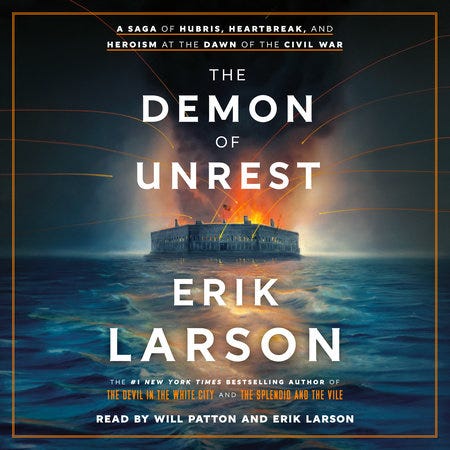
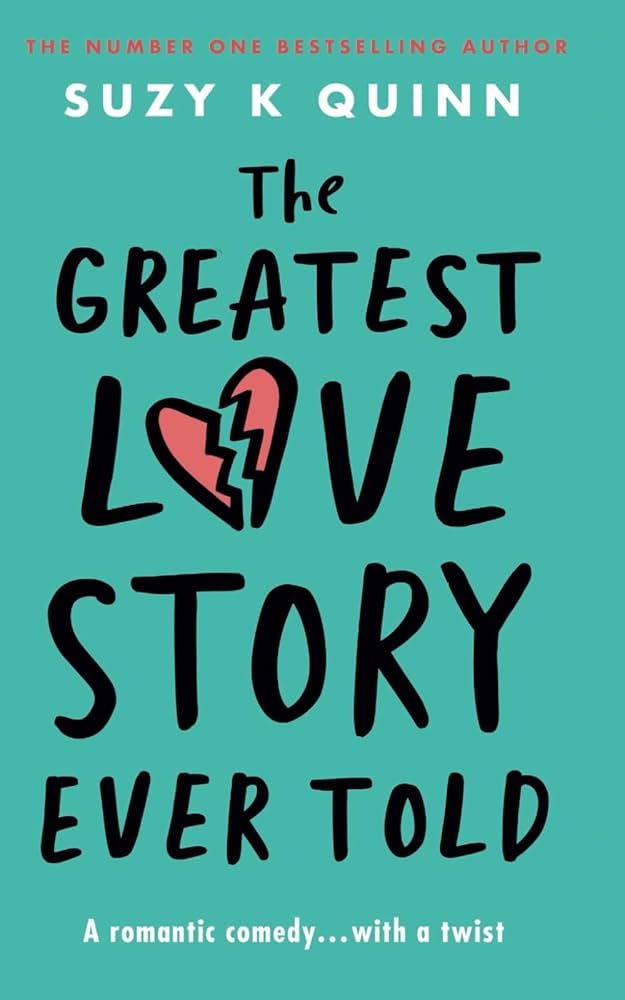
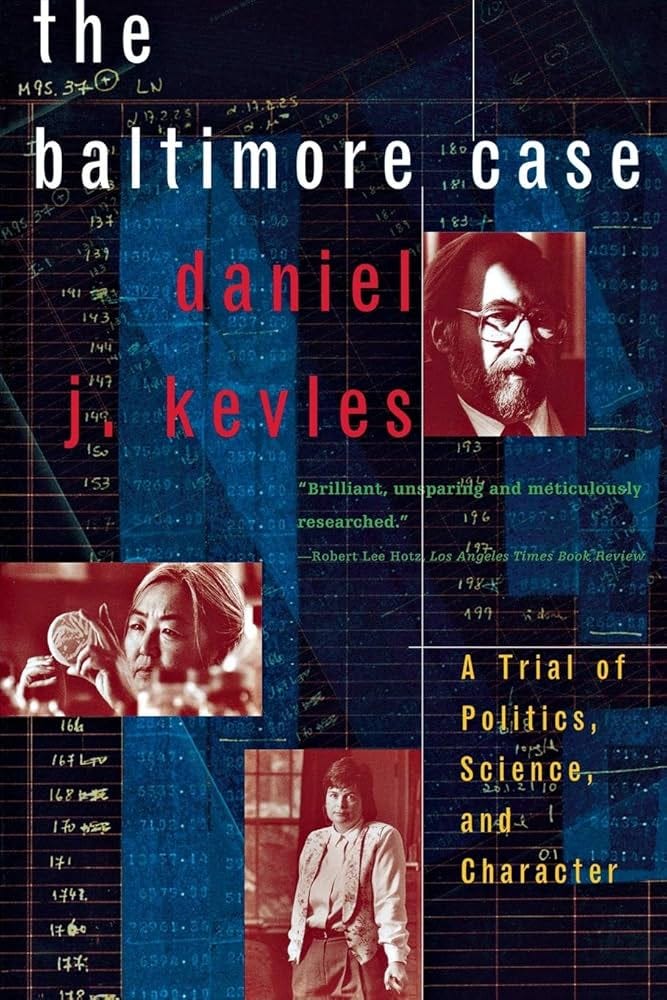
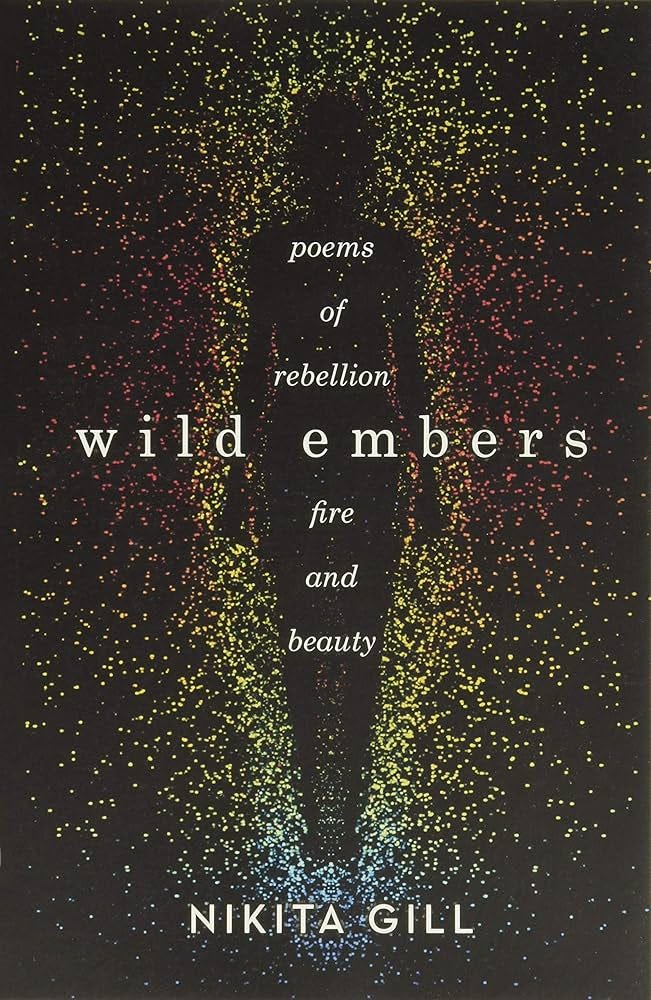

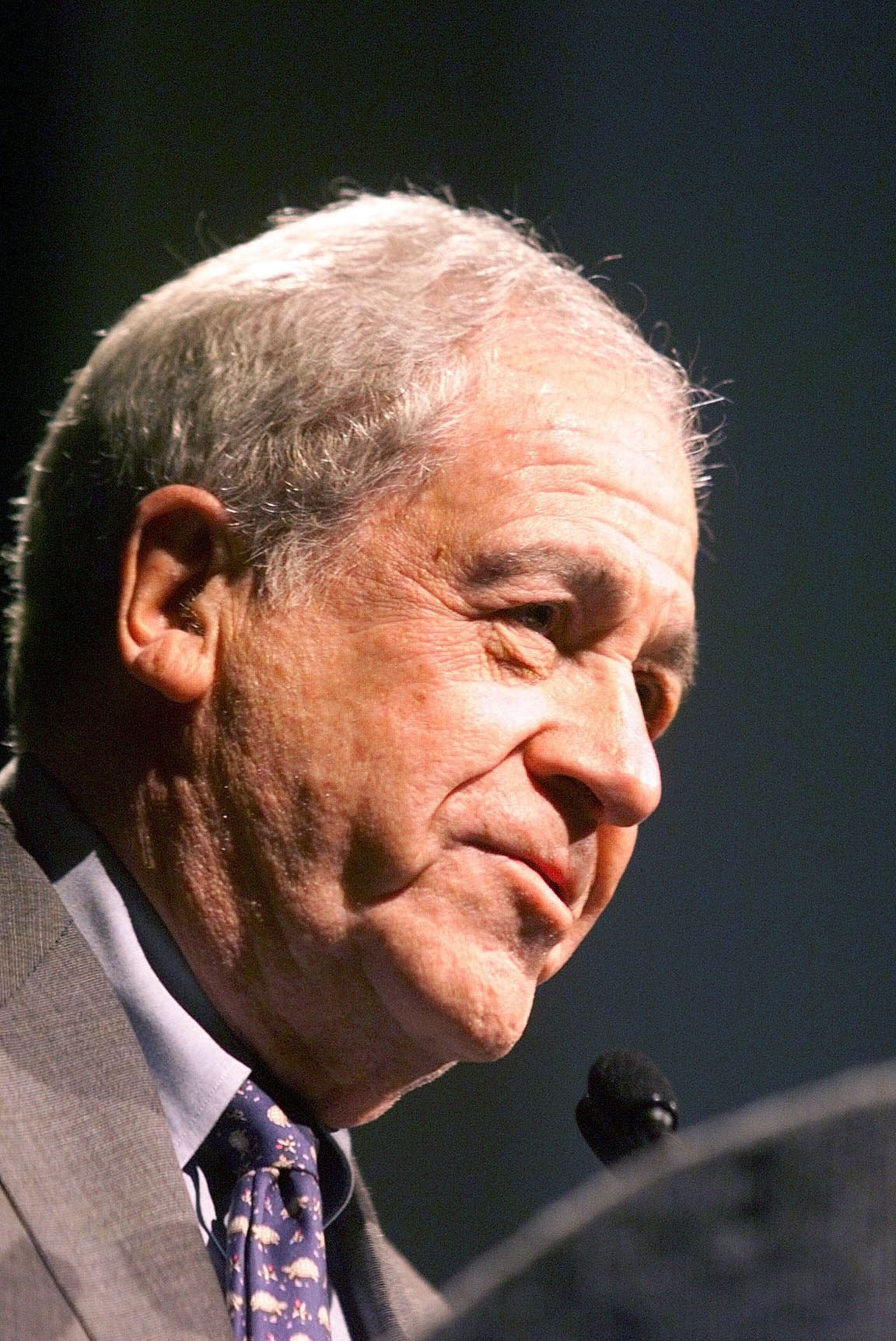
I am finishing "All in Her Head" by Elizabeth Comen and it has been something that I can only read/listen to in short time periods. I'm glad to learn of the history of women and medicine, and this is saddening and enraging at the same time.
My work colleague and breast cancer survivor published her 2nd novel this year - it is FABULOUS. It’s called Relative Strangers by AH Kim.
https://www.goodreads.com/book/show/62197597-relative-strangers